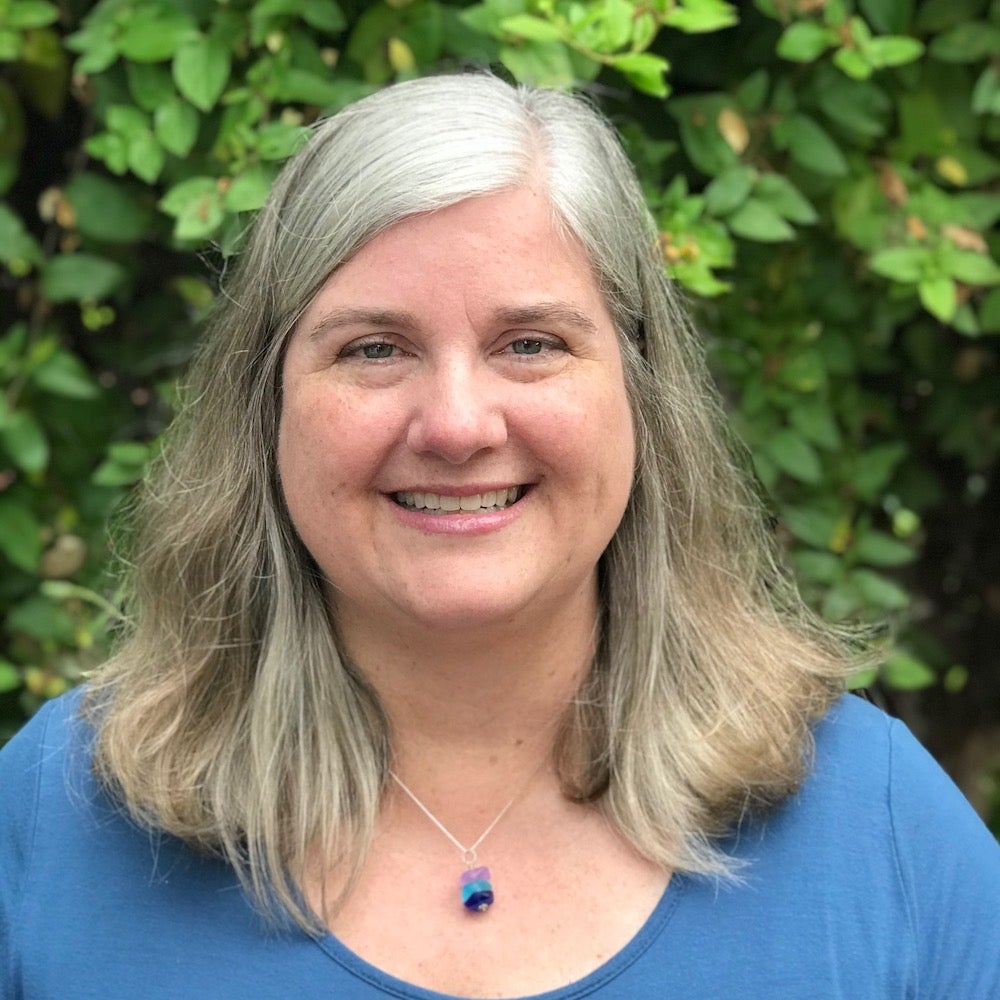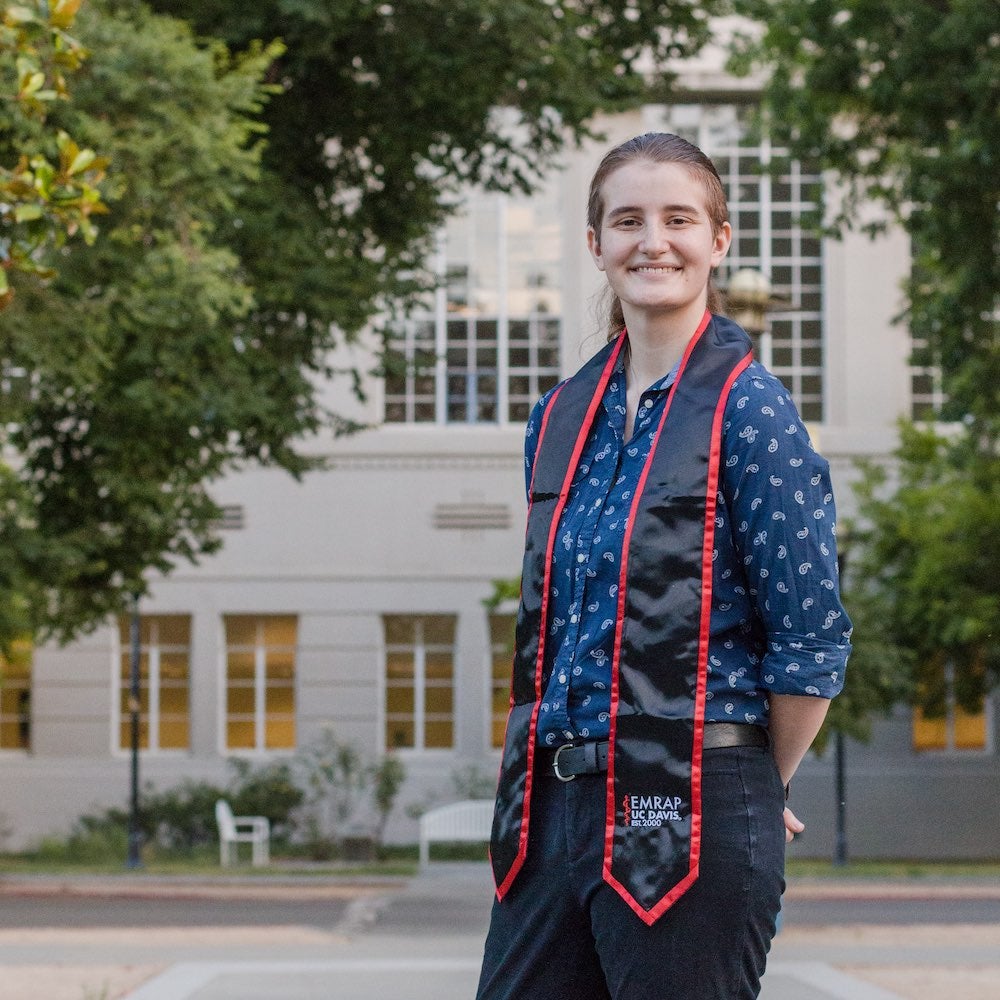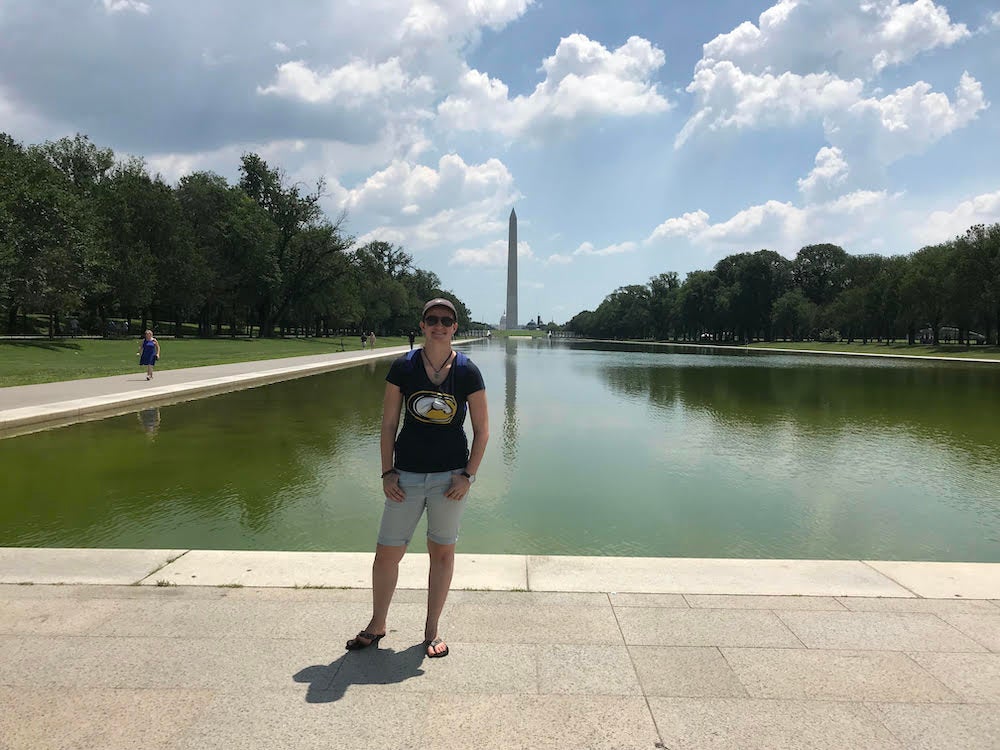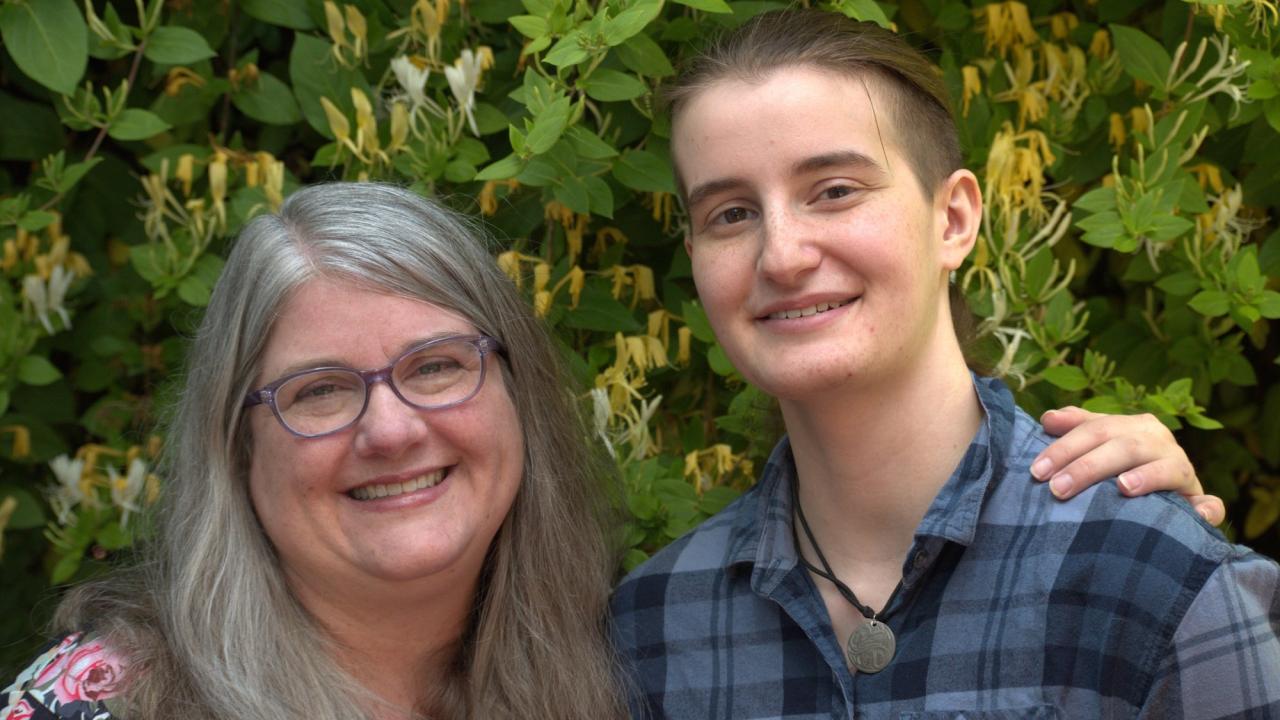Teresa and Anna Skarr, mother and daughter, both studied international relations at UC Davis, but they went down two very different career paths. Ultimately, they landed at a similar destination: a career in health. Despite their different journeys, both of them share an infectious passion for innovation and progress.
The international relations major is made for students who are passionate about lifelong learning. It allows students to explore a diverse array of topics from more than 40 departments, including issues of trade, development, conflict, environment, heath, language, race, and culture. Courses range from economics to anthropology, from history to environmental science and policy. The flexibility of the degree allows students to explore a variety of interests within four tracks and a region of specialization. They gain broad perspectives as a result.
A major that doesn’t make you choose

Teresa and Anna are confident thinkers and eloquent speakers with a wide variety of interests. But that broad curiosity led to a dilemma when each entered UC Davis: choosing which passion to pursue. In fact, both changed their major.
Teresa began as an English major, but the overwhelming course load led to a difficult transition into college and she slowly lost her love for reading. She found an alternative with international relations. Her enjoyment of history drew her in, and the breadth of the degree made her stay. International relations has “such a variety of different topics, not just history, but cultural anthropology, languages, economics, and so many other fields,” Teresa observed, “I found that inspiring and interesting, so I switched.”
Unlike Teresa, Anna began as an international relations major. She was inspired by her mom and compelled by her interests in current events and debate. However, during winter quarter her freshman year, she switched into global disease biology because a health career had always been her academic and professional goal. Though she enjoyed the courses, she missed the broad perspectives international relations offered.
“If I went into clinical medicine my impact would be very individual, and I wanted to be on the systems level,” she said.
She switched back to international relations freshman year and never looked back. She chose the “health and human populations” track with a specialty in the Middle East and North Africa.
The major taught Teresa and Anna that they didn’t have to settle for one passion, a lesson they’ve brought into their careers.
Where international relations can take you

Though both have pursued health careers, Teresa and Anna have done so in different ways: one clinical, one humanitarian. Anna compared how she’s “been gunning for health” since entering international relations, while her mom found a career in health by chance.
Teresa and Anna exemplify the multifaceted nature of international relations students. The major built the foundation for both of their career paths. As jacks of all trades, they are unafraid to explore multiple interests within their careers, and their wide ranging expertise shows!
After graduating in 1987, Teresa took a winding career path that ranged from editorial to administrative positions. Initially her career goals centered around writing and the foreign service — health was not a consideration. As an undergrad, she’d helped the night editor for The California Aggie newspaper. “I really loved working at the Aggie and I loved that environment,” she said. This led to her first post-college job as an editorial assistant at a news service and a later position at the Insider. But after the newspaper was forced to close down, she applied to a temp agency. Teresa landed a position at Becton Dickinson, a medical products and diagnostics company, where she discovered she was skilled at regulatory affairs.
The regulatory affairs field relates to international relations more than you might assume. Teresa said international relations helped her synthesize original sources and data with a critical eye, while thinking critically with different perspectives. The major’s emphasis on cultural awareness has aided with her professional communications. “It’s helpful to have that awareness,” Teresa said. Due to cultural differences, “you might need to think about what [others are] communicating to make sure you catch the nuances and understand really where they’re coming from and listen well.”
Eventually, Teresa landed a director-level position in regulatory affairs at Medtronic, a clinical health company that develops medical devices. She served as a distinguished regulatory affairs advisor for FDA submissions. She monitored changing regulations around the world — allowing Teresa to tap into the international aspect of her undergraduate degree. She recently retired from her unusual and unexpected career path.
“I think it was really fortunate that I got assigned to Becton Dickinson when I was just taking that full-time job to pay the rent,” she admitted. She wants graduates to not get discouraged with taking smaller and unplanned positions. “Sometimes just getting your foot in the door is a great way to see more opportunities,” she reflected
A Gen Z career path in international relations

Compared to her mother, Anna’s path looks more career-orientated, something more typical of Generation Z. After she graduated in 2020, Anna decided to take a gap year to work for the Providence Cancer Center in Santa Rosa where she supported clinical research coordinators. She felt like her previous clinical research experience at UC Davis gave her a leg up because she had participated in the Emergency Medicine Research Associate Program (EMRAP) as an undergrad.
“It’s really important to be working in the populations where you’re serving in order to build an authentic sense of connection and purpose there,” she said.
After that gap year, Anna was accepted into a two-year masters program in public health at George Washington University with a focus on humanitarian health. After her master’s program, she hopes to work with nonprofit or non governmental organizations with a focus on health, such as Doctors without Borders, Path, or the International Rescue Committee. She has future aspirations to participate in a Ph.D. or Dr.P.H. program within forced migration or medical anthropology.
“The main purpose of the international relations degree was to give me that foundation,” Anna said, “but it also cultivated my passion for understanding the reasoning behind all these different conflicts.” Anna said she strives to understand the history behind conflicts, “the common themes behind those different conflicts despite different regions, and then using that as a way to leverage my understanding of current events to kind of tie it all together.”
These two women show how the international relations department has evolved over time. The field is an ever-changing one, so your degree can truly be what you make it. It gives you the ability to explore multiple passions, while asking you to consider new and changing knowledge.
Katie Dineen is a senior at UC Davis majoring in international relations, with minors in French, human rights, and professional writing. As well as working with the Majors Blog, Katie is currently interning at the Steinberg Institute, a nonprofit advancing mental health public policy.
Congratulations to Teresa on her retirement from Medtronic after 17 years. We wish you all the best as you pursue your creative passions!
